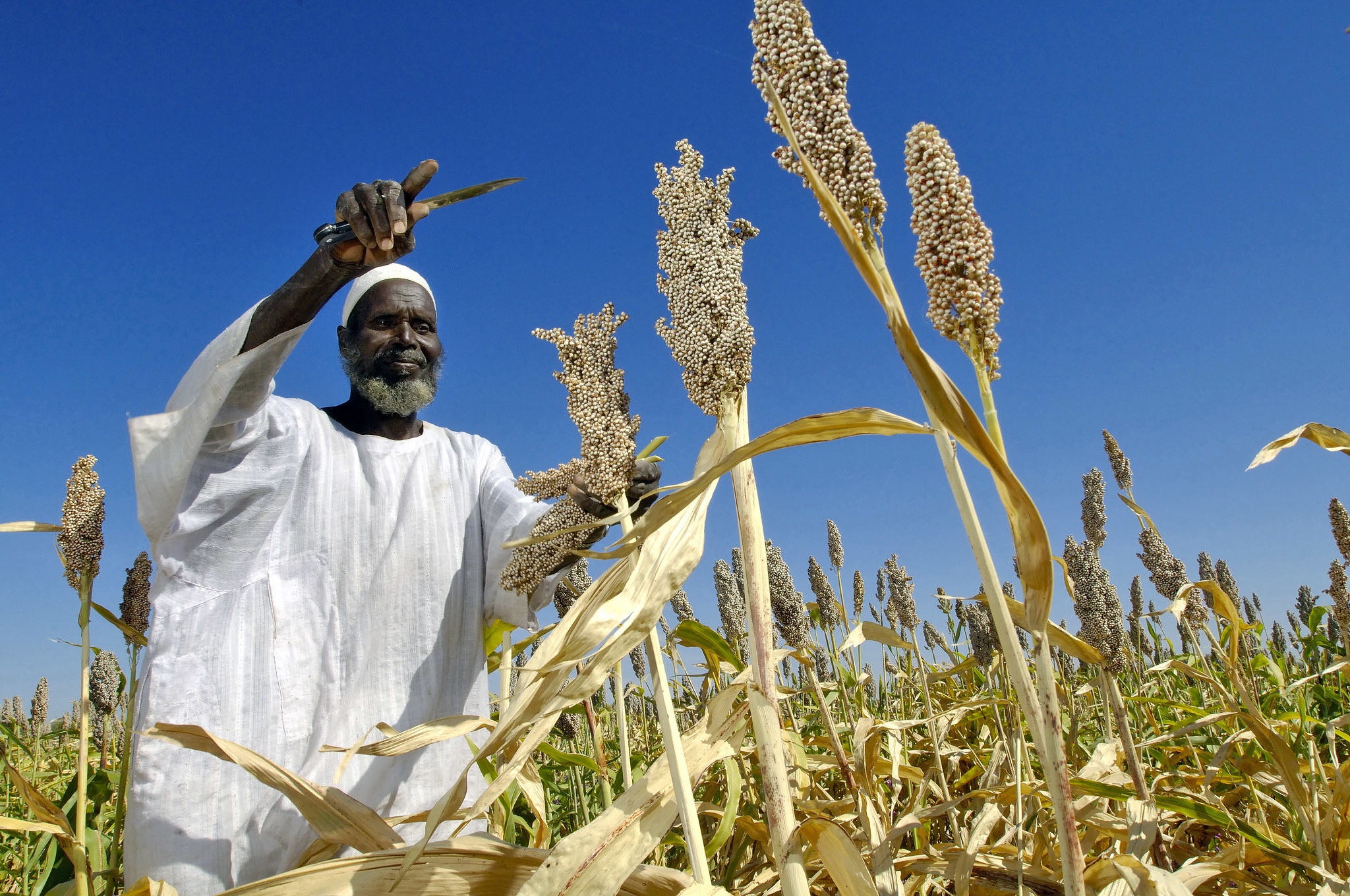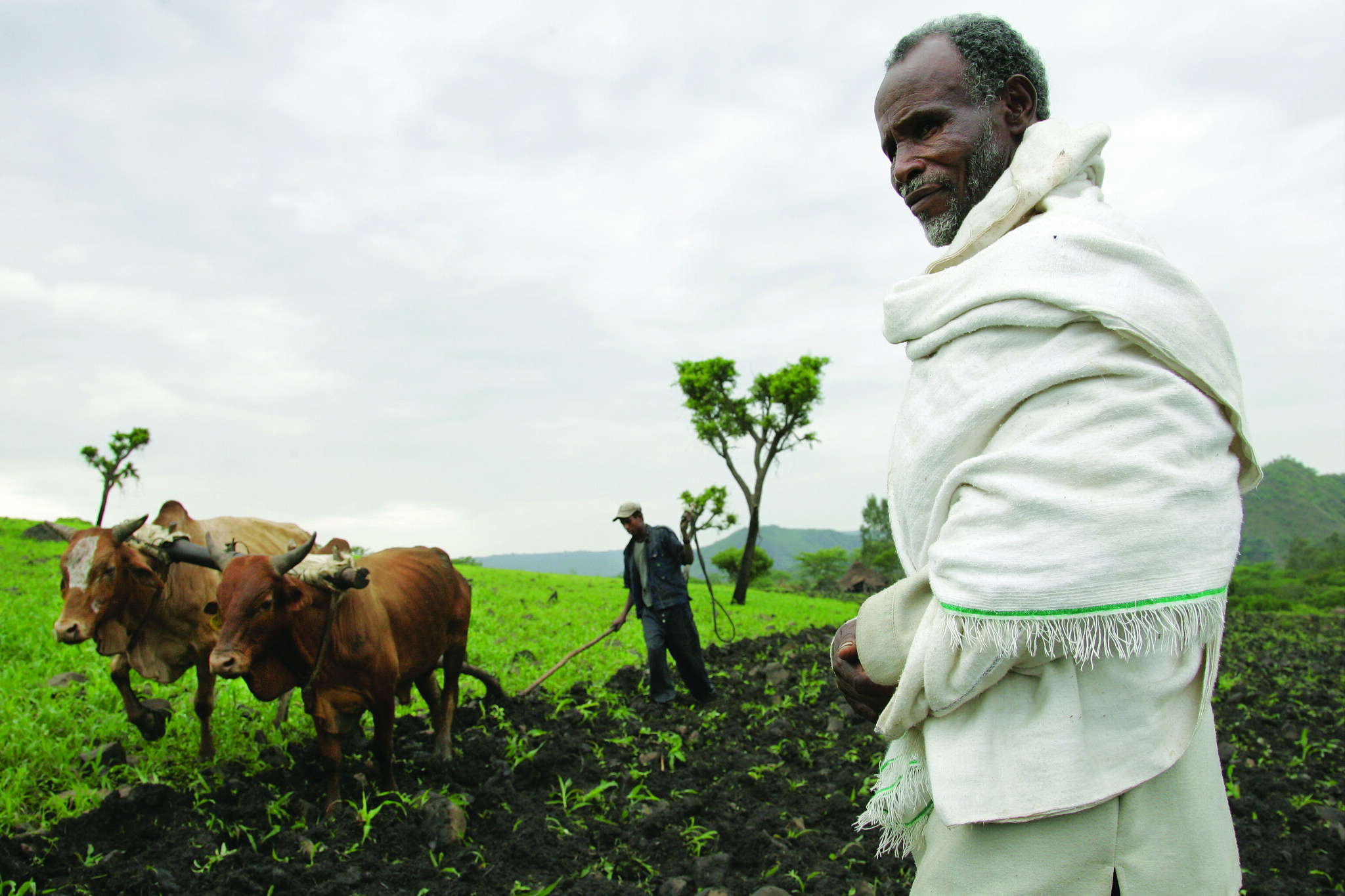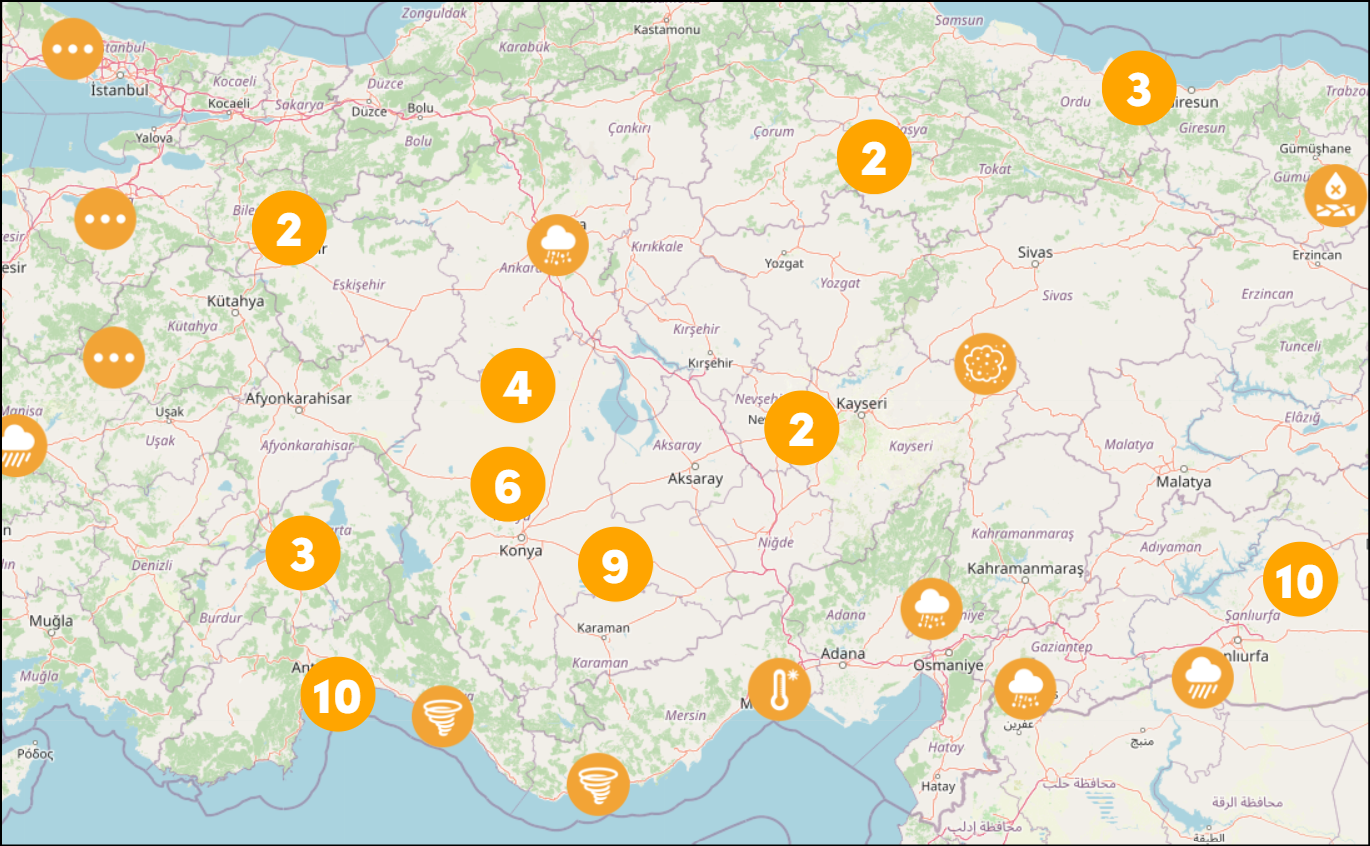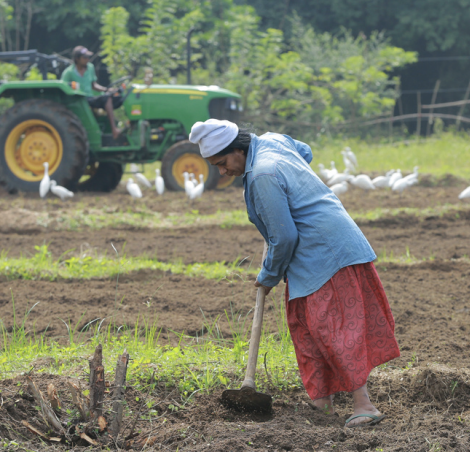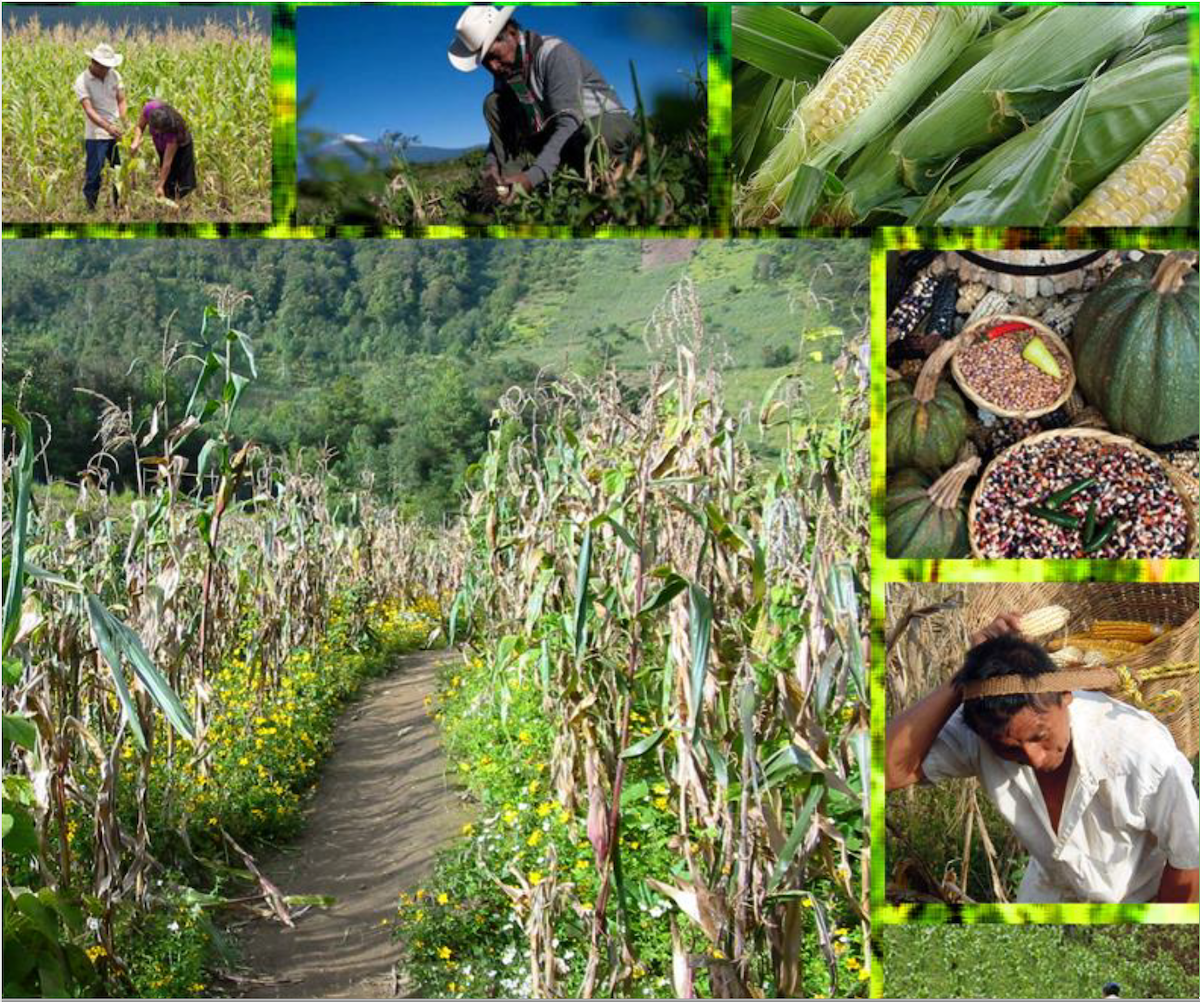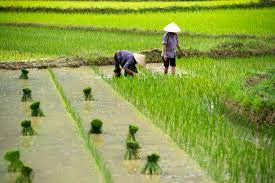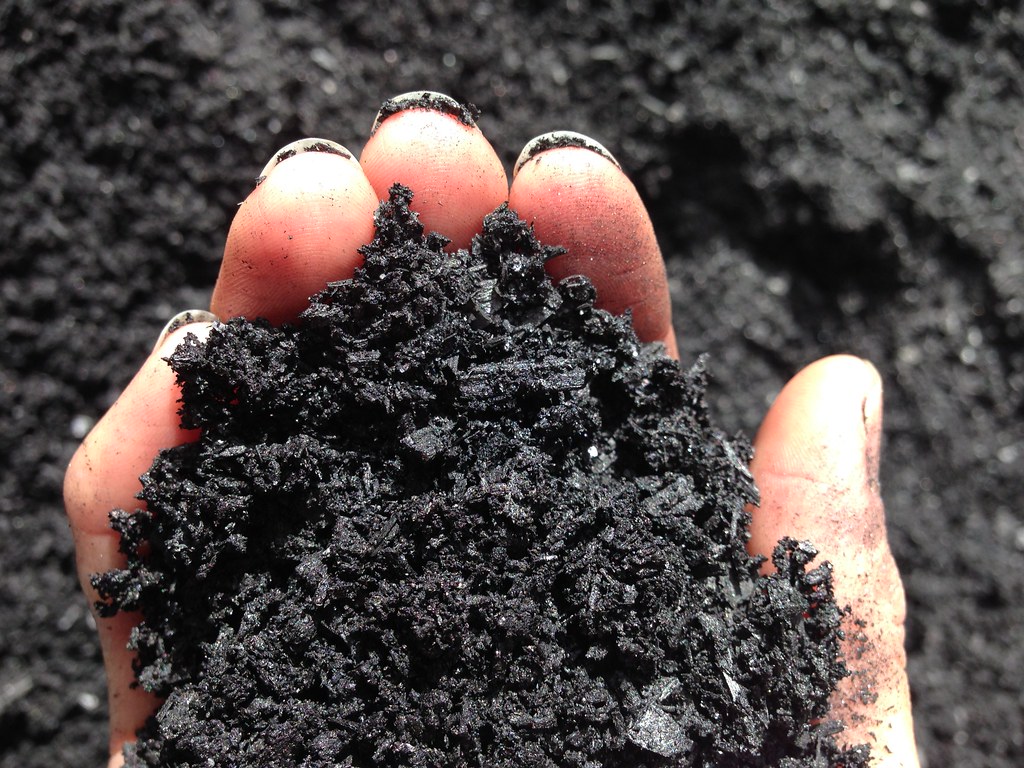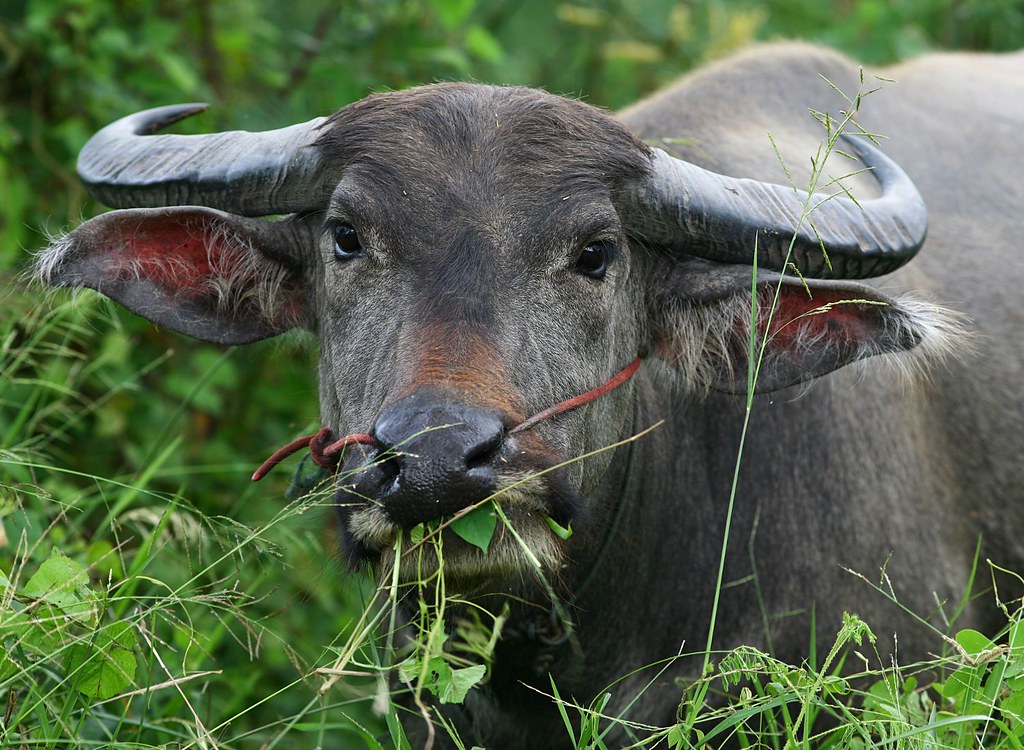Theme
Climate, Food Security and Agriculture
This theme explores climate-smart agriculture, land use and land degradation and the connections and challenges linked to the water, energy and food sectors.
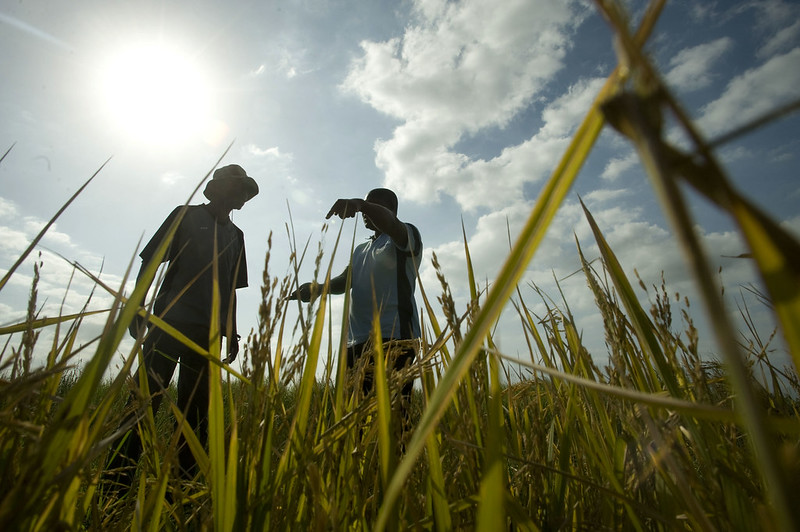
How to transform Africa’s food system
This paper proposes five pathways to help shape and transform Africa’s food systems. It argues that food systems in Africa can be more resilient if their development includes climate adaptation.
How can development partners support food security in protracted crises?
This policy brief summarises insights from recent SPARC research on how to bolster food security in countries affected by conflict and protracted crises.
Climate Resilient Agriculture Network – Türkiye
The Climate Resilient Agriculture Network (CRAN) brings together non-governmental organizations, farmers' unions, public institutions and organizations, the private sector, academia, and working groups to work on sharing, implementing, and disseminating adaptation methods and experiences.
The Farmer’s Perspective: Climate Risk and Risk Management in Sri Lanka’s Agriculture Sector
Learn about both the challenges faced and coping mechanisms used by farmers in Sri Lanka, in this case study on managing climate risk.
Assessment of Potential Yields Using Climate Change Scenarios for Agricultural Crops in Mexico
This report summarises the findings of the consultancy project "Estimación de rendimientos potenciales con escenarios de cambio climático para diversos cultivos agrícolas en México", funded by the government of Canada under the UNDP-INECC partnership.
Climate-Smart Land Use (CSLU) in ASEAN
The Climate-Smart Land Use (CSLU) project strengthens the coordination role of members of the Association of Southeast Asian Nations (ASEAN) in contributing to international and national climate policy processes on climate-smart land use in agriculture and forestry.
Leadership for Responsive Climate Actions in Agriculture, Forestry and Food systems: Insights from the ASEAN Climate Leadership Programme
Learn about the role of leadership in promoting transformational change towards a low-carbon, resilient, and food secure economy and society, both globally and regionally.
Climate-Smart Land Use Insight Brief No. 5- Sustainable soil management for enhanced productivity and climate benefits in ASEAN
Brief on implementing sustainable soil management (SSM), a focus on restoring soil health, with many benefits that contribute to improving food security in Southeast Asia
Climate-Smart Land Use Insight Brief No. 4- Silvopastoral systems for climate change mitigation and adaptation
Explore silvopastoral systems (SPS), a versatile farming technique that provides farmers with a valuable mitigation and adaptation strategy in Southeast Asia.
